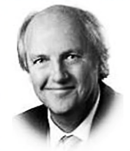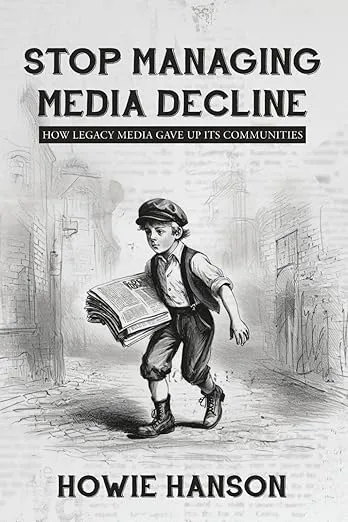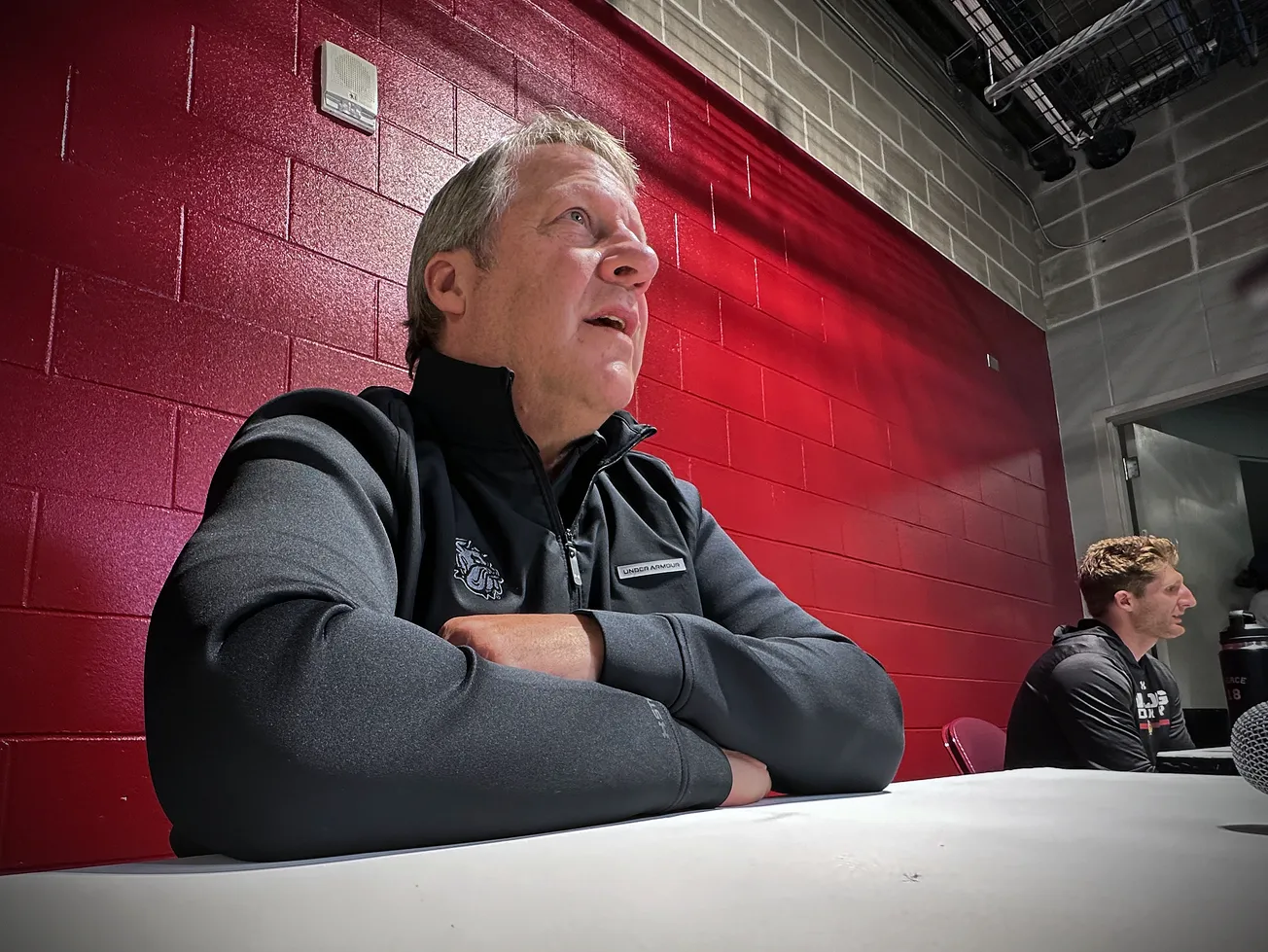This column is part of an ongoing statewide series examining the future of rural health care in Minnesota through the lens of Dr. David Herman, chief executive of Duluth-based Essentia Health. Drawing on Herman’s testimony before the U.S. Senate Finance Committee, the series explores how Minnesota’s hospitals are rewriting the national playbook for sustainable, patient-centered care. Each installment traces a different reform now shaping life across the 218 — from broadband access and drug-pricing battles to the human realities of workforce burnout and small-town survival.

Howie's column is powered by Lyric Kitchen · Bar
When Dr. David Herman walked into a Senate hearing room in May 2023, he wasn’t there to make noise. He was there to teach.
His written testimony read like a playbook Washington didn’t know it needed. Extend the 5 percent bonus for risk-bearing providers. Protect the 340B drug-discount program. Make pandemic-era telehealth waivers permanent. Align Medicare Advantage rules with alternative-payment models. It was the most practical rural-health agenda Congress had heard in years.
“We ask Congress to support critical resources for health care providers, reduce regulatory burden, and enhance the design of value-based payment models,” he said.
It was pure Duluth — pragmatic, grounded, and focused on outcomes. No grandstanding. No blame. Just solutions from someone who has spent a lifetime in the trenches of patient care, not the hallways of Washington.
What made the moment striking wasn’t just the content; it was the messenger. A doctor from Duluth telling the nation how to fix a system everyone complains about. No entourage, no soundbites — just Midwestern competence and credibility that came not from lobbying but from results.
Under Herman’s leadership, Essentia Health has quietly become one of the country’s most respected rural health systems. The Duluth-based organization now serves hundreds of thousands across a geography that most policymakers couldn’t even pinpoint on a map — from Iron Range towns to the wheat plains of North Dakota.
These are places where the weather isolates, distances stretch, and recruiting medical professionals requires not only incentive but mission. Yet despite every obstacle, Essentia has built a care model others now study.
That’s what gave Herman’s testimony such weight. It wasn’t theoretical. It came from lived experience — from the nurses who drive icy roads to reach homebound patients, from the telehealth doctors who see ranchers by video at dawn, from the pharmacists who coordinate prescriptions across miles of broadband gaps.
Herman told lawmakers that without reliable internet, the promise of digital medicine collapses.
“Connectivity is the oxygen of modern health care,” he said. “You can’t breathe life into rural systems without broadband.”
He also reminded them that the 340B drug-discount program — which allows hospitals like Essentia to stretch scarce federal dollars — is not a loophole, but a lifeline.
“These funds allow us to reinvest in community care, outreach clinics, and preventive medicine,” he said. “Eliminating or weakening 340B would devastate access in entire regions.”
Essentia’s numbers back up his message: nearly $70 million in combined state and federal savings under value-based programs, patient outcomes that consistently rank among Minnesota’s best, and a measurable reduction in emergency readmissions thanks to integrated follow-up care.
Herman described value-based care as a movement rather than a policy.
“It’s not about spreadsheets,” he told senators. “It’s about restoring joy to medicine — allowing clinicians to do what they trained for, to spend time with patients and see their work matter again.”
That’s a theme repeated throughout this 13-part Minnesota’s Rural Health Reckoning series — the idea that reform begins not in marble halls but in exam rooms, nurse stations, and community clinics.
When Essentia restructured around team-based care, pharmacists began monitoring medication use, care coordinators tracked follow-ups, and social workers addressed transportation and housing barriers.
Herman has said repeatedly that this shift freed doctors to do what they love most: treat people.
In another column, he argued that burnout is not an individual failure but a systems failure.
“Provider wellness has been at risk in our nation’s health care system,” he told Congress. “Implementing value-based care enhances the care clinicians can provide and makes the delivery of health care more rewarding and fulfilling.”
It’s a through-line that connects all of Herman’s appearances in Washington. From mental health to digital access, from care coordination to rural hospital stabilization, he keeps circling back to a single premise: the nation can’t be healthy if its rural communities are left behind.
That word — necessity — which closed his 2023 testimony, should hang in every committee room. Because behind it lies a quiet but transformative idea: rural health isn’t a subsidy; it’s a strategy. When smaller systems like Essentia refine models that reward quality over quantity, they prove that efficiency and compassion can coexist.
When Duluth innovates, the rest of the country notices. Essentia’s telehealth program — launched long before the pandemic — became a national template. Its community paramedic program helped keep ER visits down. Its partnership with universities built a rural pipeline of new clinicians. And its integration of behavioral health into primary care is now being replicated across the Midwest.
Minnesota has always exported good ideas — the co-op, the Mayo model, the nonprofit insurance framework. Herman’s testimony might soon join that list. It was policy from the North: factual, unpretentious, and born of weather and will.
If Congress listens, it will hear not the accent of a lobbyist but the cadence of a clinician who still rounds with residents, who still takes shifts, and who still measures success not in dollars or headlines but in breaths taken closer to home.
Essentia’s Duluth headquarters might seem far from Capitol Hill, but in many ways, that distance is the point. What Herman represents — what Minnesota embodies — is the belief that real reform starts far from the cameras. It starts in quiet rooms where doctors listen, communities collaborate, and systems evolve.
That’s what Washington heard when he spoke — not politics, not posturing, but proof that transformation doesn’t have to wait for another study or hearing. It’s already happening in places like Duluth, under leaders who never stopped believing that rural America still matters.
If Washington has the humility to learn from them, it might just rediscover what leadership in health care looks like — steady, patient, and powered by people who measure progress one healed life at a time.








